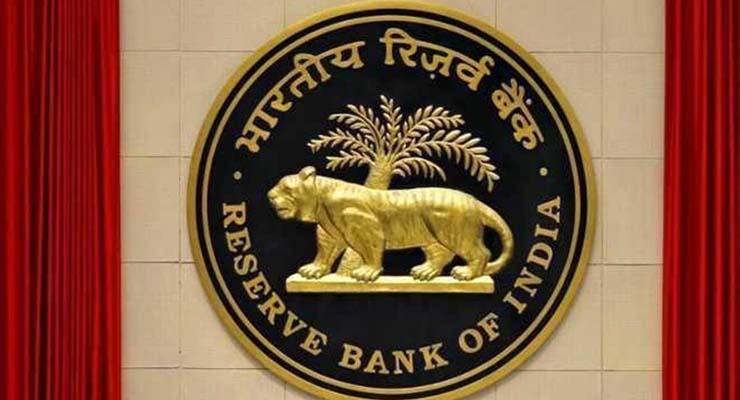RBI Issues Cautionary Advisory Against KYC Fraud, Urges Public Vigilance
In a recent press release, the Reserve Bank of India (RBI) has issued a stern warning to the public, advising them to remain vigilant against fraudulent activities masquerading as Know Your Customer (KYC) updation. The central bank has urged individuals not to share any documents or sensitive information with unknown entities to safeguard themselves from potential financial scams.
RBI expressed concern over the rising incidents of customers falling victim to fraudulent schemes under the guise of KYC updation. The advisory emphasizes the importance of exercising caution and due care to prevent financial loss and protect against malicious practices.
The RBI’s statement reads, “Do not share KYC documents or copies of KYC documents with unknown or unidentified individuals or organisations. Also, do not share account login credentials, card information, PINs, passwords, OTPs with anyone.” The central bank has previously cautioned the public about similar frauds, reiterating the need for enhanced awareness.
The modus operandi of these frauds typically involves customers receiving unsolicited communications, such as phone calls, SMS, or emails, through which they are manipulated into disclosing personal information or installing unauthorized apps via links provided in the messages, the RBI disclosed.
The advisory further outlines that such fraudulent communications often create a false sense of urgency, threatening account freezing, blocking, or closure if customers fail to comply. “When customers share essential personal or login details, fraudsters gain unauthorized access to their accounts and engage in fraudulent activities,” warns the RBI.
Regarding responses to KYC updation requests, the RBI recommends that individuals directly contact their respective bank or financial institution for confirmation and assistance. The central bank also advises obtaining contact numbers or customer care details from official sources, such as the bank’s official website.
In the event of any suspicion or cyber fraud incident, the RBI stresses the importance of promptly informing the bank or financial institution. Additionally, the public is cautioned against clicking on suspicious or unverified links received via email or mobile phones.


